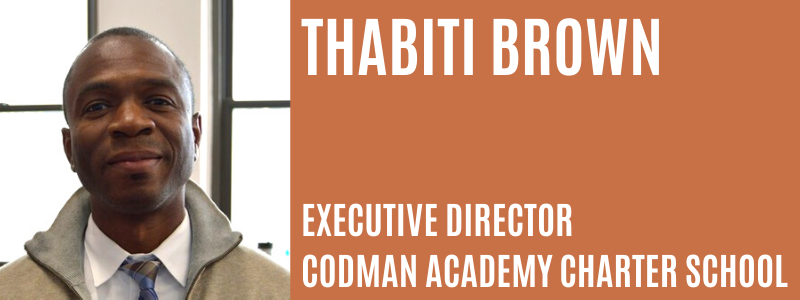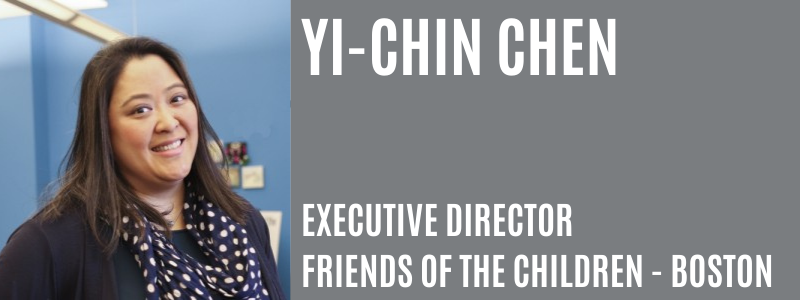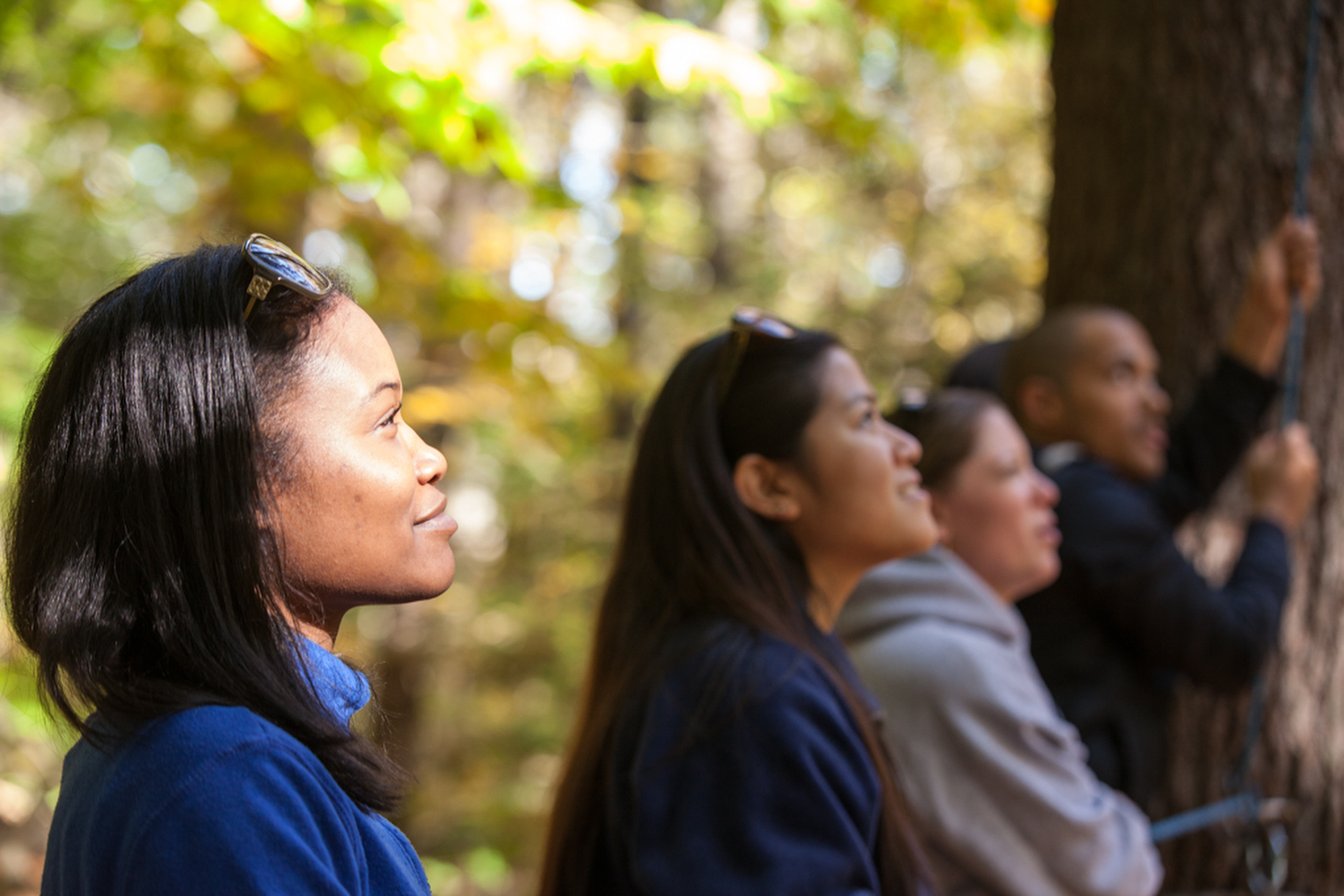For decades, Alnoba’s Pinnacle Leadership and Team Development has supported organizations in the Dorchester, Roxbury and Mattapan area working to provide opportunities for kids to achieve their dreams. One of our newer initiatives is our Strong Leaders program, run in collaboration with the Lewis Family Foundation.
We recently checked in with some of our Strong Leaders alumni to see how they were putting their leadership skills into practice during the COVID-19 pandemic.

Earlier this summer, we asked 2019 Strong Leaders program alumnus Thabiti Brown which of Pinnacle’s 10 Keys to Leadership in Crisis he had found most relevant as he navigated the COVID-19 shutdown.
Brown is the Executive Director of Codman Academy Charter Public School in Dorchester. The majority of Codman’s students, who are chosen by lottery, live in Dorchester, Roxbury or Mattapan. The school boasts a 100% college acceptance rate for its graduates thanks to an extended day schedule and a holistic approach to education that addresses students’ minds, bodies and character.
Brown told us that his team at Codman Academy Charter School were going all-in on reimagining what school could be in a way that links even more closely with Codman’s mission and vision.
“We’re doubling down on mastery as a guiding concept for measuring student performance,” Brown said. “The more we’re able to name specific skill, create opportunity for students to master that skill, then move students forward to the next skill, the stronger we’ll be at ensuring that all students are functioning at grade level or above.”
This crisis also provided Brown with the opportunity to grow personally as a leader.
“Being present takes on a whole new meaning when presence isn’t physical,” he said. “I’ve sought out new avenues of communication – email, text messages, phone calls, Zoom, etc. – to replace the ‘hey, how’s it going?’ in the hallway. This moment further supports my understanding of a leader as someone who facilitates excellence in others.”
Brown sees a path forward for his organization to emerge from the pandemic even stronger than it was before. “Cut the fat,” he said. “If it isn’t significantly moving the work forward, reduce dramatically and invest in the areas that do.”

The COVID-19 pandemic made a substantial impact on Friends of the Children – Boston, where professional mentors are paired with kids in relationships that last for twelve or more years.
Friends of the Children calls all of the young people it serves “Achievers” to reinforce their belief that all kids have the potential to thrive and succeed.
Yi-Chin Chen, Executive Director of Friends of the Children – Boston, has been piloting her organization through the challenges of the pandemic. Instead of letting the crisis cripple them, Chen and her team expanded their work to double-down on family support.
“I learned that at a time of crisis, my community needs to hear from me more, not less,” Chen said. “When challenges come before me, I notice that I have a tendency to just put my head down and bulldoze through the challenges. While that works and shows tenacity, it leaves others behind and doesn’t galvanize collective energy to do it together. So I am learning that I don’t have to do it alone. If I spend the time to communicate more with others, we can do it together.”
The biggest lesson Chen learned as a leader this spring was about the importance of striking a balance between caring for her team and continuing to push at the same pace as before. “My ability to envision beyond the crisis helps my team see beyond the challenges in front of them and know that whatever we are experiencing offers lessons that we can learn to apply to the future,” Chen said. “I spent a lot of time in the weeds in the beginning of the crisis fixating on the immediate challenges. As soon as I pulled away from that and start to talk about the organization we want to have after the crisis is over, I can feel my team begins to orient themselves that way too.”
Under Chen’s guidance, Friends of the Children – Boston is looking forward to enhancing their whole family model, learning from the gaps they’ve noticed in the leadership team and taking action to restructure based on what they’ve learned.
“I do think a collective vision of what the new world (not the new normal) looks like will inspire all of us,” Chen said.


